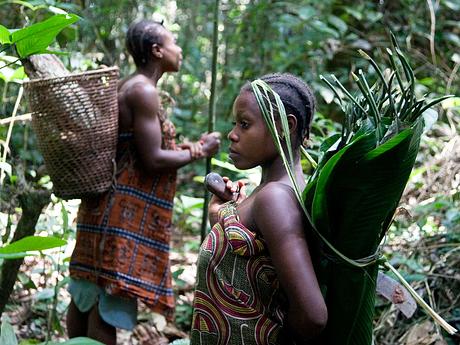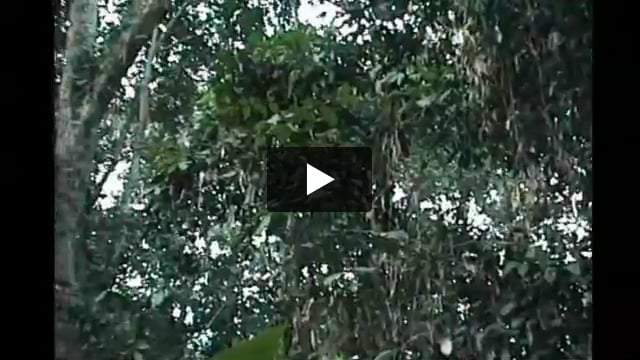Poaching-terrorism link that contributed to tribes' persecution 'largely wrong'
September 23, 2015
 © Selcen Kucukustel/Atlas
© Selcen Kucukustel/AtlasThis page was last updated in 2015 and may contain language which is now outdated.
A new report has debunked the argument that the illegal wildlife trade in East Africa significantly funds terrorism – an exaggeration used to justify the militarization of anti-poaching squads and the persecution of tribal subsistence hunters.
The report titled "An Illusion of Complicity: Terrorism and the Illegal Ivory Trade in East Africa" was launched by former U.K. Foreign Secretary William Hague on Tuesday and concluded that, in the case of terrorist group Al Shabaab, evidence for its participation is “extremely limited and controversial”, adding that any involvement is “dwarfed by organized criminal networks and corrupt officials across East Africa …”
The findings expose the flaws in a narrative that has held sway in conservation and political circles over several years and has led to the persecution of tribal hunters across Africa.
In U.S. journal Truthout, Stephen Corry, Director of Survival International, the global movement for tribal peoples’ rights, questioned the argument that ivory significantly funds Al Shabaab – which was based on a single article published by the Elephant Action League. The article was co-authored by Nir Kalron, chief executive of the Tel Aviv-based Maisha Consulting, which provides paramilitaries and weapons training to conservation initiatives.
Tribal peoples like the Bushmen in Botswana, Bayaka in the Republic of Congo, and Baka “Pygmies” and their neighbors in Cameroon are criminalized as poachers for hunting to feed their families, while trophy hunters and corrupt officials involved in poaching – including some charged with protecting the environment – are not targeted.

In 2015, Botswana’s President Ian Khama said, “Wildlife trafficking is no longer simply about trade in wildlife and their parts and derivatives. Proceeds of trafficking are used to fund other crimes such as terrorism, arms and drugs trafficking.” Botswana has issued a ban on hunting in Botswana, which particularly targets subsistence hunters like the Bushmen.
A Bayaka woman in Congo said, “The ecoguards [anti-poaching squads] make us sit here starving. They have ruined our world. If we try to hunt in the forest they beat us so badly. They even kill us if they see us in the forest.”
Stephen Corry said, "Conservation has to clean up its act and stop peddling inventions. There is undoubtedly an organized poaching trade in some countries, but it must stop being used as an excuse for abusing tribal peoples whose lands are still being stolen by the conservation industry. Conservationists hunt for sport, tribal people aren’t allowed to hunt for food. Its time this ended. Conservationists would achieve more if they focused on stopping officials – often their own partners – profiting from the illegal wildlife trade, but it’s easier of course to point the finger elsewhere."



